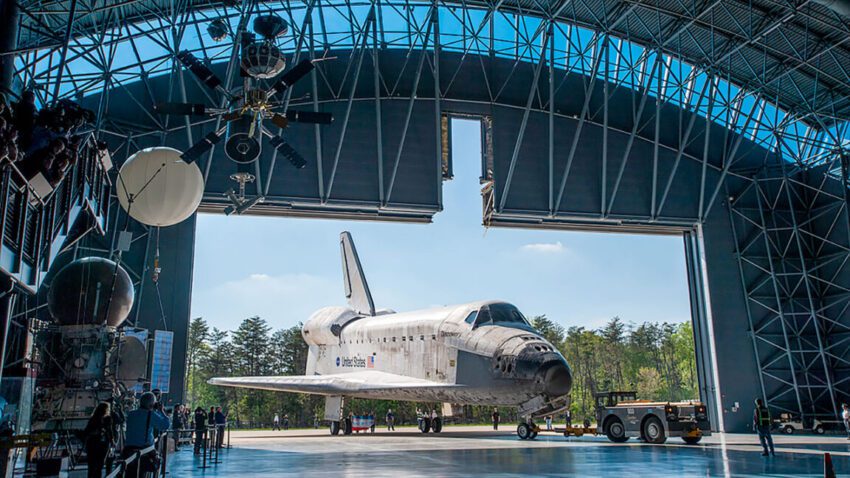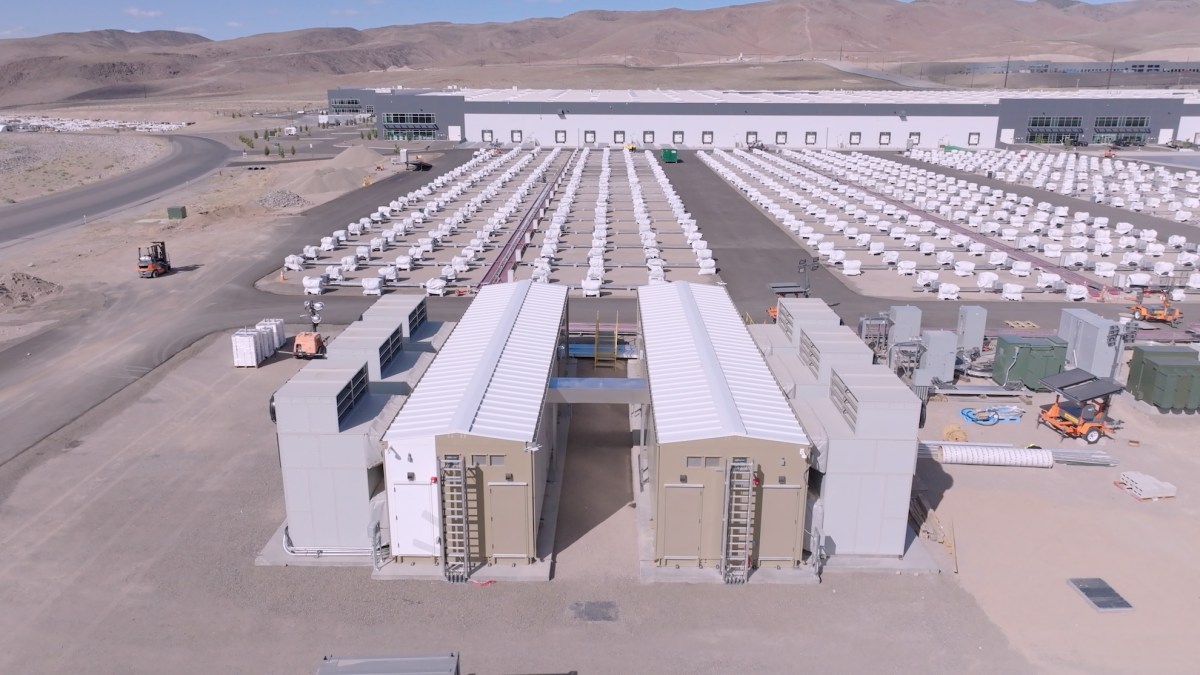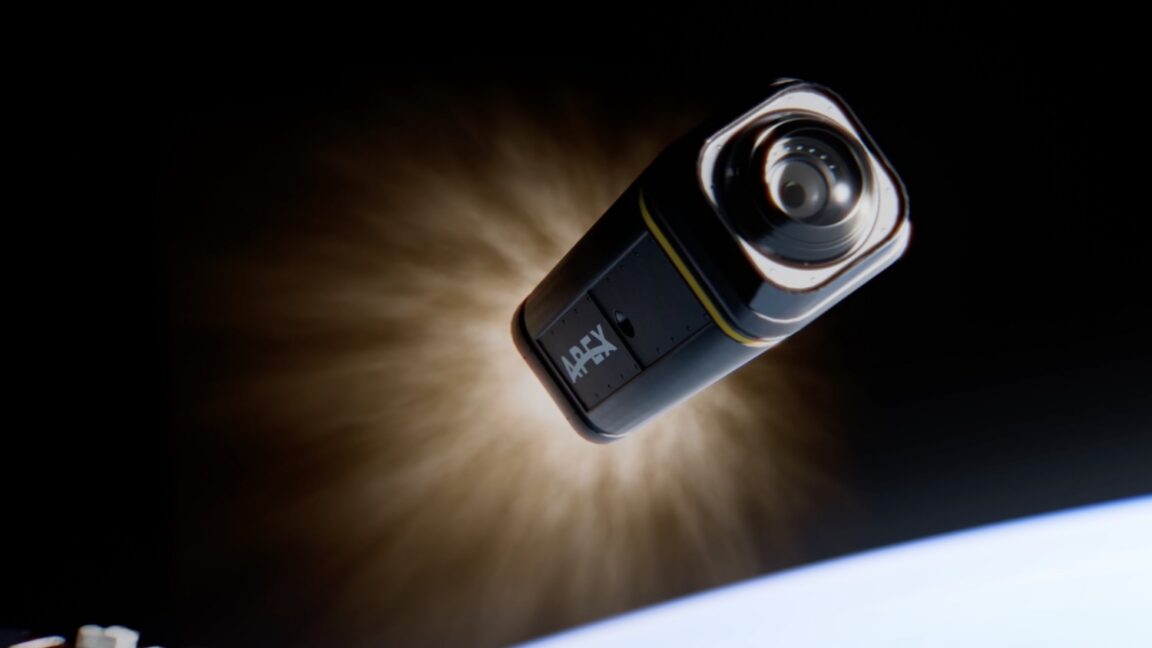
texas lawmakers double down on discovery call Texas lawmakers are intensifying their efforts to relocate NASA’s retired space shuttle Discovery from the Smithsonian Institution to Houston, prompting a call for a Department of Justice investigation into alleged lobbying activities by the Smithsonian.
texas lawmakers double down on discovery call
Background on the Discovery Shuttle
The space shuttle Discovery, one of NASA’s most storied spacecraft, has been a centerpiece of space exploration history. Launched for the first time in 1984, Discovery completed 39 missions, including the Hubble Space Telescope deployment and the assembly of the International Space Station (ISS). After its retirement in 2011, Discovery was transferred to the Smithsonian National Air and Space Museum, where it has been on display at the Steven F. Udvar-Hazy Center in Virginia.
The shuttle has become a symbol of American ingenuity and achievement in space exploration. Its relocation to Houston, home to NASA’s Johnson Space Center, is seen by some Texas lawmakers as a way to honor the shuttle’s legacy and inspire future generations of space enthusiasts. However, the plan has sparked controversy and allegations of improper conduct by the Smithsonian.
Texas Lawmakers’ Allegations
On Wednesday, Senators John Cornyn and Ted Cruz, along with Representative Randy Weber, sent a letter to the Department of Justice (DOJ) urging an investigation into the Smithsonian Institution. They allege that the Smithsonian has violated the Anti-Lobbying Act by using federal funds to lobby against the relocation of Discovery.
Claims of Improper Lobbying
In their letter, the Texas lawmakers accused the Smithsonian of taking “affirmative steps” to oppose the relocation of the shuttle. They assert that the institution has engaged in lobbying activities that include:
- Influencing Congress regarding the shuttle’s relocation.
- Lobbying staff members of the Senate Appropriations and Rules Committees to express disapproval of the move.
- Coordinating with members of the press to generate public opposition to the relocation.
- Disseminating misinformation about the costs and logistics of moving the shuttle.
These allegations raise significant questions about the Smithsonian’s use of appropriated funds and whether it has overstepped its bounds as a federal institution. The Anti-Lobbying Act prohibits federal agencies from using appropriated funds to influence the passage of legislation, making the claims particularly serious if proven true.
Political Context and Implications
The push to relocate Discovery is part of a broader political narrative surrounding space exploration and funding. The Texas lawmakers’ letter comes in the wake of President Trump’s “One Big Beautiful Bill Act,” which aims to consolidate various infrastructure and funding initiatives, including the relocation of the shuttle. The lawmakers argue that moving Discovery to Houston would not only honor its legacy but also bolster local educational and tourism efforts.
However, the Smithsonian has defended its position, stating that it is committed to preserving the shuttle and ensuring it remains accessible to the public. The institution has expressed concerns about the potential risks and costs associated with the relocation, which could include damage to the shuttle during transport and the financial implications of setting up a new display in Houston.
Stakeholder Reactions
The controversy has elicited a range of reactions from various stakeholders. Supporters of the relocation argue that Discovery belongs in Houston, where it can inspire future generations of scientists and engineers. They emphasize the importance of local access to such a significant piece of American history.
On the other hand, critics of the relocation point to the Smithsonian’s role in preserving and showcasing national treasures. They argue that moving Discovery could undermine the integrity of its historical context and diminish its visibility to a broader audience. The Smithsonian attracts millions of visitors each year, and many believe that the shuttle’s current location enhances its significance as part of the national narrative of space exploration.
Legal and Ethical Considerations
The allegations made by Texas lawmakers against the Smithsonian raise important legal and ethical questions. If the DOJ investigates and finds evidence of lobbying activities, it could lead to significant repercussions for the institution. This could include penalties or restrictions on how federal funds are utilized in the future.
Moreover, the situation highlights the complex relationship between federal institutions and political entities. The Smithsonian, as a federally funded institution, must navigate the delicate balance between advocacy for its mission and compliance with federal laws. The allegations of lobbying could set a precedent for how similar institutions operate and interact with lawmakers in the future.
Public Sentiment
Public opinion on the relocation of Discovery appears to be divided. Some segments of the population support the move, viewing it as a way to honor Texas’s significant contributions to the space program. Others, however, express concern over the potential risks associated with the relocation and the implications for the Smithsonian’s mission.
Online forums and social media platforms have become battlegrounds for these differing viewpoints, with passionate arguments on both sides. Supporters of the move often cite the importance of local access to historical artifacts, while opponents emphasize the need for careful stewardship of national treasures.
Future of the Discovery Shuttle
The future of the Discovery shuttle remains uncertain as the investigation unfolds. If the DOJ finds merit in the allegations, it could lead to a reevaluation of the Smithsonian’s role in the relocation process. Conversely, if the Smithsonian is cleared of wrongdoing, it may continue to advocate for the shuttle’s preservation in its current location.
Regardless of the outcome, the debate over Discovery’s relocation underscores the broader issues surrounding the management of cultural and historical artifacts in the United States. As space exploration continues to evolve, the significance of artifacts like the Discovery shuttle will only grow, making the decisions surrounding their preservation and display increasingly important.
Conclusion
The call for a DOJ investigation into the Smithsonian Institution by Texas lawmakers marks a significant moment in the ongoing debate over the future of the Discovery shuttle. As the situation develops, it will be crucial to monitor the responses from both the Smithsonian and the DOJ, as well as the implications for federal institutions and their interactions with Congress. The outcome of this controversy could have lasting effects on how historical artifacts are managed and displayed in the United States, as well as the role of federal funding in such initiatives.
Source: Original report
Was this helpful?
Last Modified: October 23, 2025 at 6:36 pm
2 views















